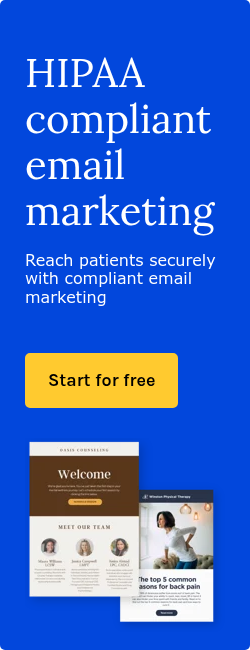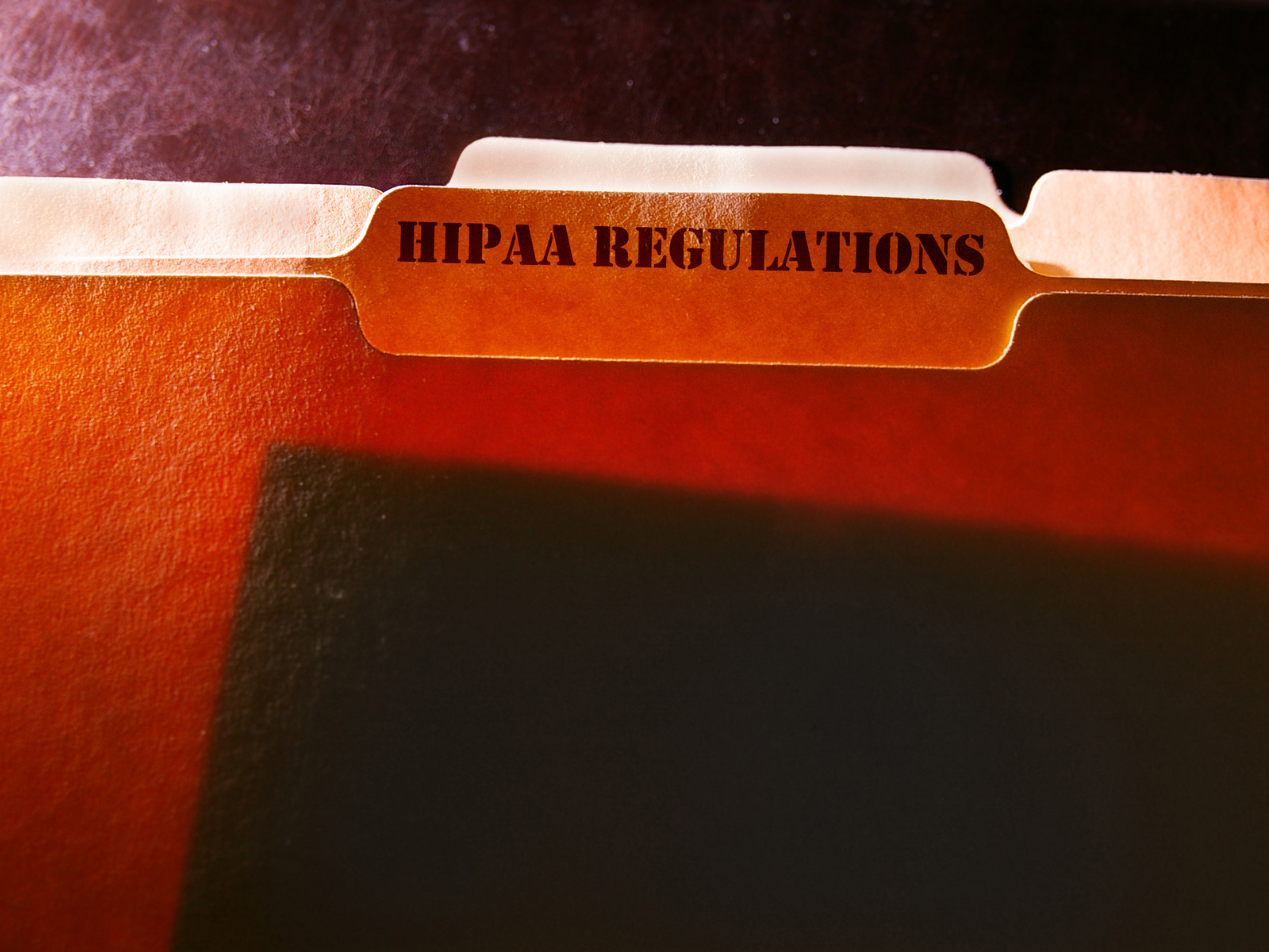
Direct mail marketing remains an effective strategy for healthcare organizations to acquire new patients and engage with existing ones. However, healthcare professionals must adhere to HIPAA regulations when targeting new and existing patients through direct mail campaigns to protect patient privacy.
Understanding HIPAA rules relevant to direct mail marketing
The Health Insurance Portability and Accountability Act (HIPAA) provides rules and guidelines for healthcare organizations to protect patient data. When it comes to direct mail marketing, there are three key aspects to consider:
- HIPAA Privacy Rule: This rule establishes standards for protecting patients' personal health information (PHI). It is essential to use only the minimum necessary PHI for marketing purposes and obtain patient consent when required.
- HIPAA Security Rule: Although this rule primarily focuses on electronic PHI (ePHI), it highlights the importance of securing patients' personal information during the direct mail process.
- Business Associate Agreements (BAAs): Healthcare organizations must have a signed BAA with third-party vendors, such as mailing service providers, to ensure they adhere to HIPAA privacy and security standards when handling PHI.
Go deeper:
- What is the HIPAA Privacy Rule?
- What is the HIPAA Security Rule?
- Business associate agreement provisions
Use cases for direct mail marketing
Most healthcare organizations can benefit from direct mail marketing, including hospitals, private practices, clinics, and pharmacies. Potential use cases include:
- Promoting new services, treatments, or medical technologies.
- Sharing health tips, educational resources, or wellness initiatives.
- Announcing events, such as open houses, health fairs, or support groups.
- Providing updates on healthcare policies or changes in insurance coverage.
Targeting new patients
Healthcare organizations can send general marketing materials, like postcards or brochures, to potential new patients without violating HIPAA rules, as long as PHI is not used to target recipients. Focus on promoting your services, location, and special offers without sharing sensitive patient information.
- Avoid including testimonials from existing patients without their consent in marketing materials.
- Targeting new patients based on their PHI could be legally problematic, so avoid personalization.
Engaging existing patients
When sending marketing materials to existing patients, healthcare organizations must:
- Obtain patient consent: Ensure you have written consent from patients before using their PHI for marketing purposes, and provide an easy opt-out option.
- Exclude PHI from content: Keep marketing materials free from any sensitive or identifiable health information.
- Use HIPAA compliant mailing services: Choose a mailing service provider that follows proper security measures and has a signed BAA in place.
Best practices for HIPAA compliant direct mail marketing
To ensure HIPAA compliance in direct mail marketing campaigns, healthcare organizations should:
- Develop policies and procedures to guide staff in handling sensitive patient information and managing marketing campaigns.
- Train staff on HIPAA requirements and the importance of protecting patient privacy.
- Monitor and audit direct mail marketing campaigns to identify and address any compliance issues.
- Prepare for breach reporting by having a plan in place to notify affected individuals and the Department of Health and Human Services (HHS) in case of a breach involving PHI.
HIPAA compliant email marketing is a safe alternative to direct mail
HIPAA compliant email marketing offers a secure alternative to direct mail. With an email marketing platform that understands HIPAA compliance, you can send target, personalized emails that include PHI. This isn't to say direct mail isn't an effective channel; it's an excellent marketing option. HIPAA compliant email marketing is another option allowing healthcare marketers to leverage personalization.
To ensure compliance:
- Use secure HIPAA compliant email service providers with encryption capabilities.
- Obtain patient consent for email marketing and maintain an up-to-date list of subscribers.
- Keep email content free of PHI and focus on general information about your services, promotions, or events.
Related: HIPAA compliant email marketing: What you need to know
Adhering to HIPAA regulations in direct mail marketing is essential for healthcare organizations to protect patient privacy and maintain compliance. By following the guidelines and best practices discussed in this article, healthcare providers can effectively promote their services while safeguarding patient information.
Subscribe to Paubox Weekly
Every Friday we'll bring you the most important news from Paubox. Our aim is to make you smarter, faster.

 Dean Levitt
Dean Levitt



